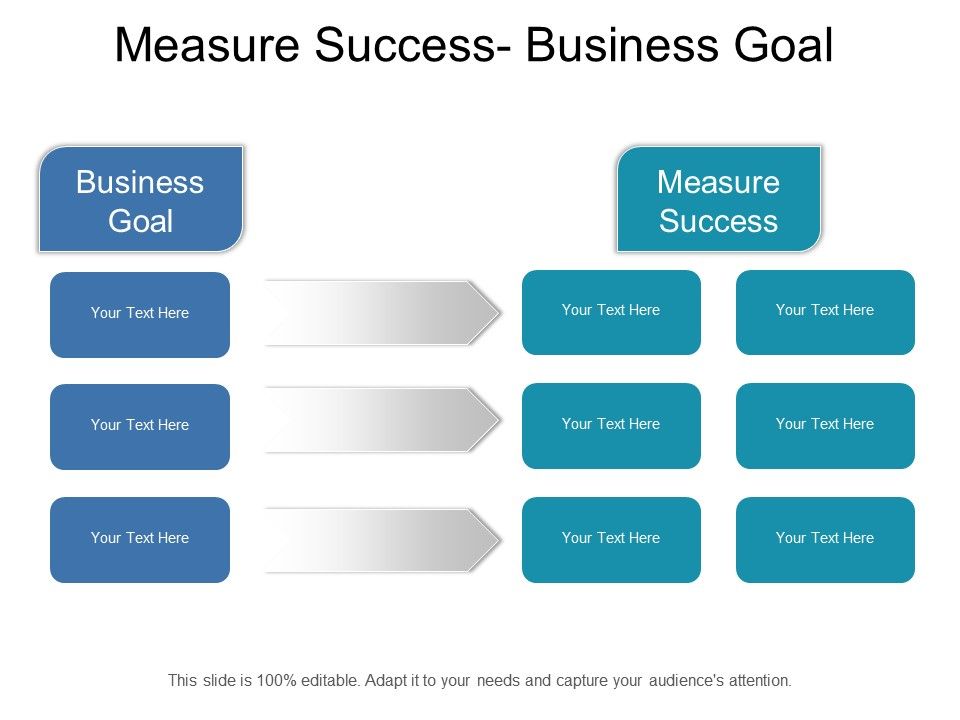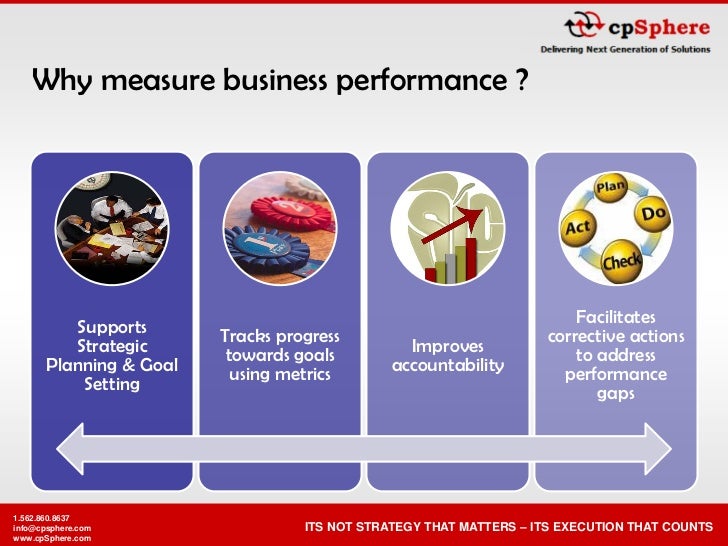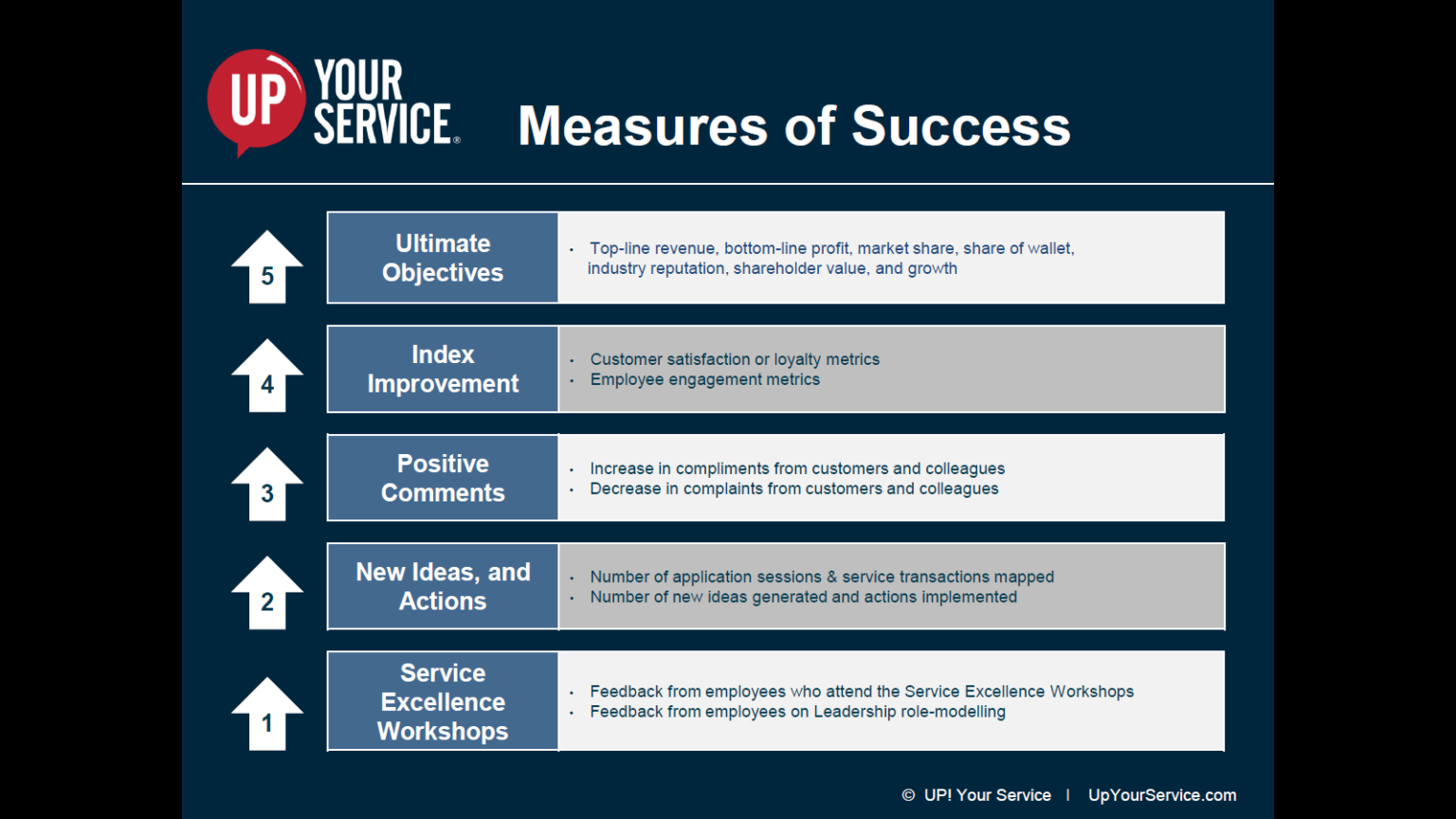Measurement Of Success In Business

For decades, businesses have relied on traditional financial metrics like revenue and profit to gauge success. However, a growing chorus of voices is advocating for a more holistic approach that considers factors like employee well-being, customer satisfaction, and environmental impact. This shift raises a critical question: how should businesses truly measure success in the 21st century?
The debate over redefining business success is gaining momentum as companies face increasing pressure from stakeholders to operate more responsibly. A narrow focus on short-term financial gains can lead to unethical practices, environmental degradation, and a disillusioned workforce. Understanding the need for measurement beyond traditional key performance indicators or KPIs is crucial for long-term sustainability and societal benefit.
Beyond the Bottom Line: New Metrics Emerge
Traditional metrics like revenue, profit margin, and market share remain important indicators of financial health. However, many organizations are now incorporating non-financial metrics into their assessment framework.
These include employee engagement scores, customer retention rates, and environmental impact assessments.
The Global Reporting Initiative (GRI), for instance, provides a comprehensive framework for sustainability reporting, helping companies measure and report on their environmental, social, and governance (ESG) performance.
"What gets measured, gets managed," notes Professor Anita Woolley from Carnegie Mellon University’s Tepper School of Business, highlighting the importance of quantifying these new metrics.
The Rise of ESG Investing
The increasing popularity of ESG investing is further driving the shift towards broader success metrics. Investors are increasingly scrutinizing companies' ESG performance, recognizing that it can be a predictor of long-term financial stability and resilience.
According to a report by Morningstar, sustainable funds attracted record inflows in recent years, demonstrating the growing demand for investments that align with ethical and environmental values. This trend incentivizes companies to prioritize ESG factors and report on them transparently.
BlackRock, one of the world's largest asset managers, has been vocal about its commitment to sustainable investing, further amplifying the importance of ESG considerations in corporate decision-making.
Challenges and Opportunities
Implementing new success metrics is not without its challenges. Measuring subjective factors like employee well-being or customer satisfaction can be complex and require sophisticated data collection and analysis methods.
Furthermore, ensuring the accuracy and reliability of non-financial data is crucial to avoid greenwashing or misleading stakeholders.
However, the benefits of adopting a more holistic approach to measuring success can be significant. Improved employee morale, enhanced brand reputation, and increased investor confidence can all contribute to long-term value creation.
The Impact on Society
Ultimately, the shift towards broader success metrics has the potential to create a more sustainable and equitable society. By holding companies accountable for their social and environmental impact, it encourages them to act more responsibly and contribute to the greater good.
This is particularly important in addressing pressing global challenges such as climate change, inequality, and poverty.
Companies like Patagonia, known for its commitment to environmental activism, demonstrate that prioritizing purpose over profit can be a powerful driver of business success.
Looking Ahead
The evolution of success measurement in business is an ongoing process. As stakeholder expectations continue to evolve, companies will need to adapt their metrics accordingly.
The key to success lies in finding a balance between traditional financial metrics and non-financial indicators that reflect a company's values and purpose.
By embracing a more holistic approach, businesses can create long-term value for themselves, their stakeholders, and society as a whole. Professor Woolley adds, "The future of business lies in a harmonious blend of profit and purpose, where success is measured not just in dollars, but in the positive impact created."


















